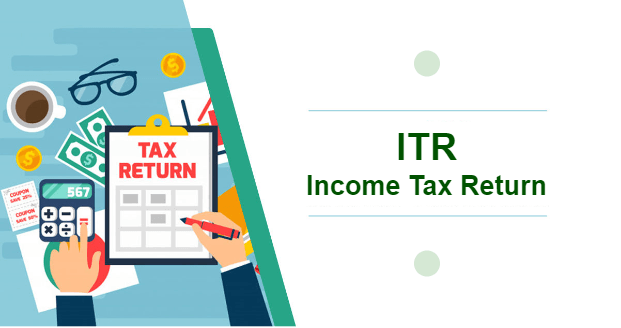Who are not required to file ITR?
Not required to file ITR Not required to file ITR, certain criteria. Here are some cases where filing an ITR may not be mandatory: Individuals below the Basic Exemption Limit: If your total income during the financial year falls below the basic exemption limit set by the income tax department, you may not be required… Read More »



